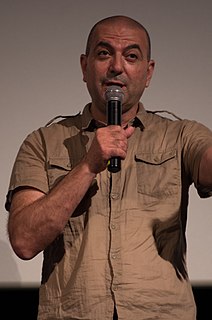A Quote by Eric Hoffer
When cowardice is made respectable, its followers are without number both from among the weak and the strong; it easily becomes a fashion.
Related Quotes
It’s just like when you’ve got some coffee that’s too black, which means it’s too strong. What you do? You integrate it with cream; you make it weak. If you pour too much cream in, you won’t even know you ever had coffee. It used to be hot, it becomes cool. It used to be strong, it becomes weak. It used to wake you up, now it’ll put you to sleep.
The will to power, as the modern age from Hobbes to Nietzsche understood it, far from being a characteristic of the strong, is, like envy and greed, among the vices of the weak, and possibly even their most dangerous one. Power corrupts indeed when the weak band together in order to ruin the strong, but not before.
Trust is perhaps the most critical single building block underlying effectiveness. Without trust leaders do not have followers. Without trust, leaders are impotent despite great rhetoric or splendid ideas. Trust rests on the belief among followers that the leader is transparent: What you see is what there is. Trust means followers believe there is no duplicity; no manipulation just to satisfy the leader's ego. Very simply: The effective leader is transparent; that's why that person is trusted.
All truths are erroneous. This is the very essence of the dialectical process: today's truths become errors tomorrow; there is no final number. This truth (the only one) is for the strong alone. Weak-nerved minds insist on a finite universe, a last number; they need, in Nietzsche's words, "the crutches of certainty". The weak-nerved lack the strength to include themselves in the dialectic syllogism.





































